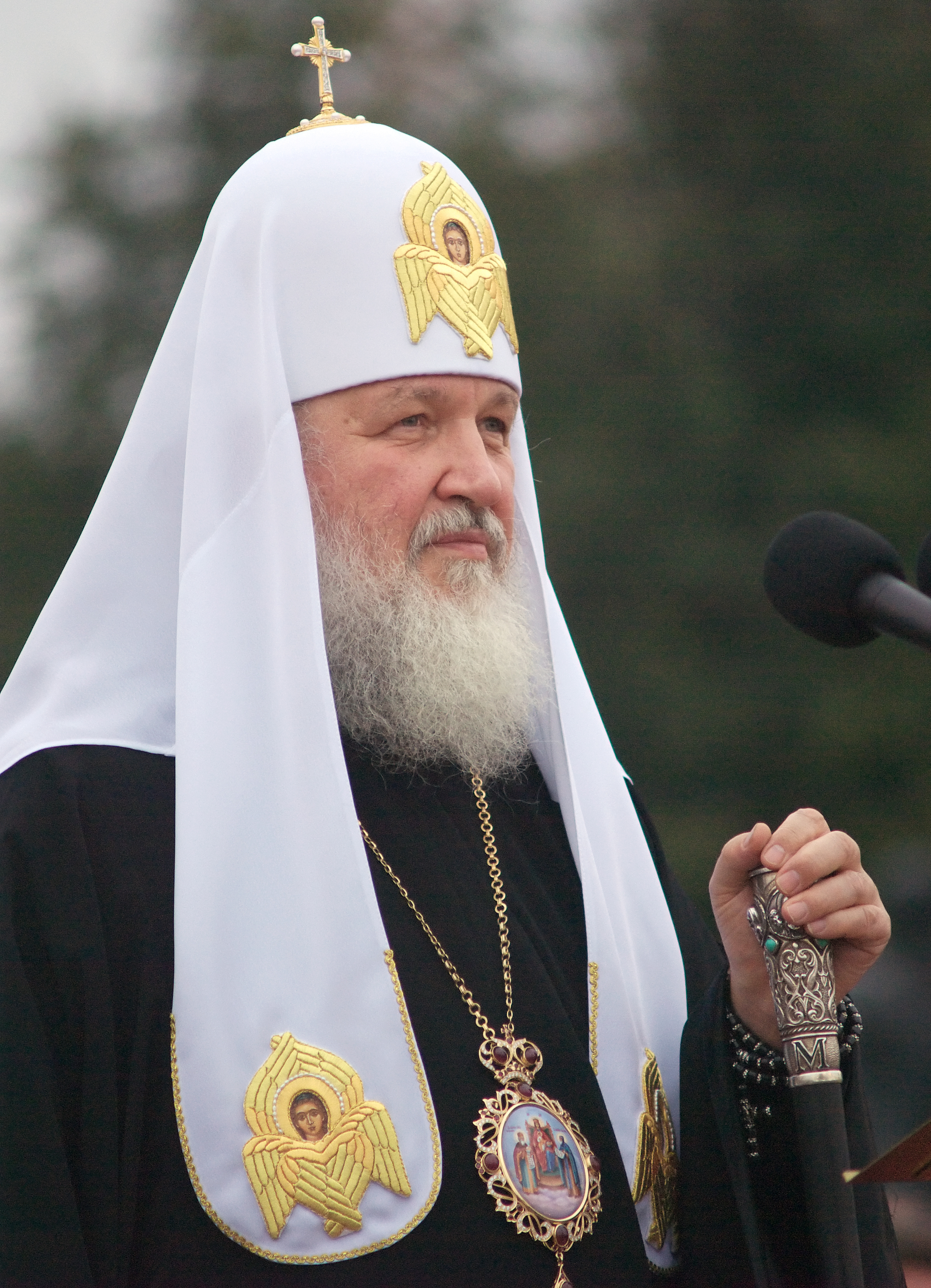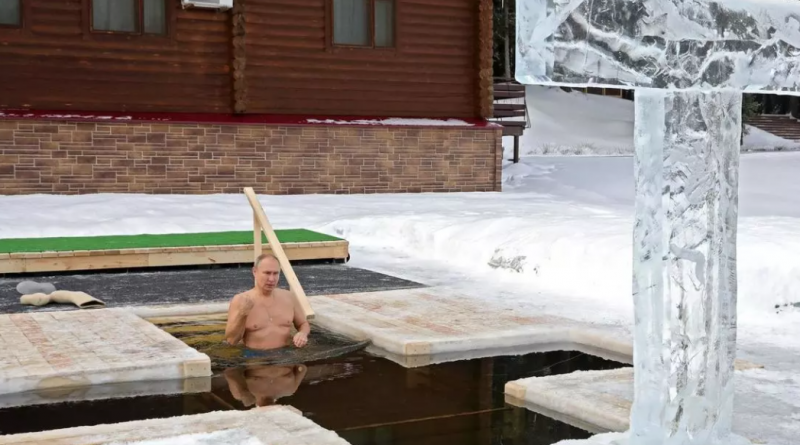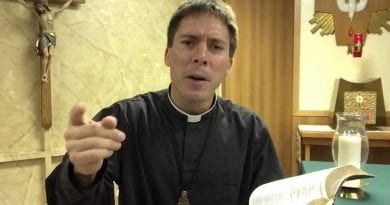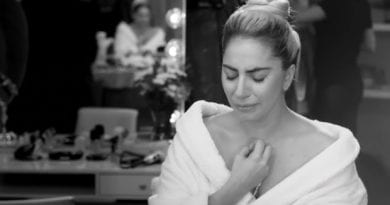Watch genuflecting Putin take a plunge: Russian president among thousands of Orthodox Christians braving icy dip in freezing waters to mark Epiphany
While some Russian regions have temporarily banned the ritual, which sees worshippers throwing themselves into barrels, pools and holes cut in icy lakes or rivers, over coronavirus fears, most have made exceptions for the mass gatherings. In Moscow, for example, more than 220 bathing spots were prepared, with around 10,000 car parking spaces set up to allow visitors easy access. Temperatures in the capital have been around -12 degrees Celsius (10 degrees Fahrenheit) or even colder.
Russian President Vladimir Putin was among those observing the chilly ritual. His spokesman, Dmitry Peskov, told journalists that “he usually does it. And he doesn’t change his traditions.” However, last year Putin was attending a conference in Berlin over the Epiphany, and whether he managed to break away for a dip in the Spree, which runs through the German capital, was not disclosed.
The practice is thought to date back to ancient times, with the first instances of ice bathing recorded as early as 1525. However, its association with Epiphany is more recent, and it was observed by relatively few Russians prior to the 1917 Revolution. It became even less popular in the Soviet era, when outward signs of devotion were restricted. Since the breakup of the USSR, however, the ritual has experienced a resurgence. While some believe that the practice can cleanse people of their sins, the position is not endorsed by Russia’s Orthodox Church.
This year, clergymen have gone even further to distance the Church from ice bathing. While many bathers receive blessings from priests, a spokesman for the Orthodox Church told a Moscow radio station on Tuesday that it was far from a necessary observance for Christians. “Bathing is, in general, a marginal custom,” he said. “Bathe, do not bathe, if you believe in God, then just be a Christian – pray, go to church as much as possible in the conditions of the pandemic.”

In a sermon to mark the start of Christmas in Russia on Wednesday, the bishop told worshippers that “there are people who do not believe in anything at all – not in disease or in danger, and neglect medical advice.”
“But we believers know that these stupid people exist. There are also many people who do not believe in God… which is very dangerous, even deadly,” he added. “Just as it is dangerous today if people don’t believe in the spread of infection and [refuse to] take steps to protect themselves.”
However, not all Orthodox leaders have been as cautious about the pandemic, with Metropolitan Evgeny, who heads the Ekaterinburg diocese in Russia’s Ural region telling local media that “if we get sick, if someone dies with faith in Christ, they won’t be afraid, because we will all die.” Kirill ended the sermon by asking churchgoers to have faith in medical experts as well, and to follow public health guidance aimed at preventing the spread of the virus. Russia’s most senior bishop was himself forced to isolate in October after coming into contact with someone who later tested positive for Covid-19.
Another clergyman, a former Orthodox priest known as Father Sergius, championed an even more confrontational approach to restrictions put in place to control the spread of the virus. He turned down requests from authorities to shut the churches in his parish, arguing “whoever encroaches on the closure of temples – damn it and his whole family.” Known for his controversial views, the monk was excommunicated from the Church last year. He has since been arrested and his monastery raided on suspicions of inciting children to commit suicide after a fiery sermon on patriotism.





